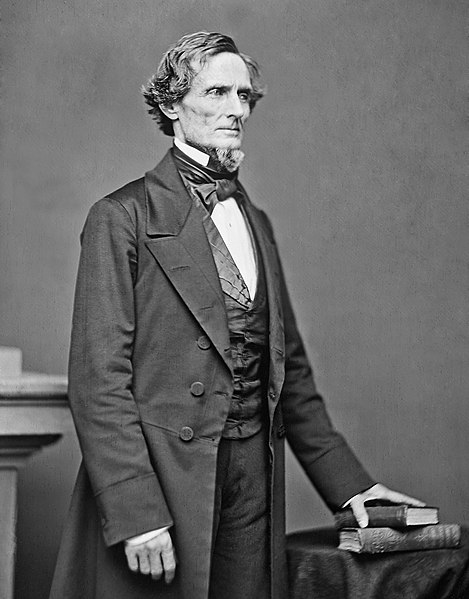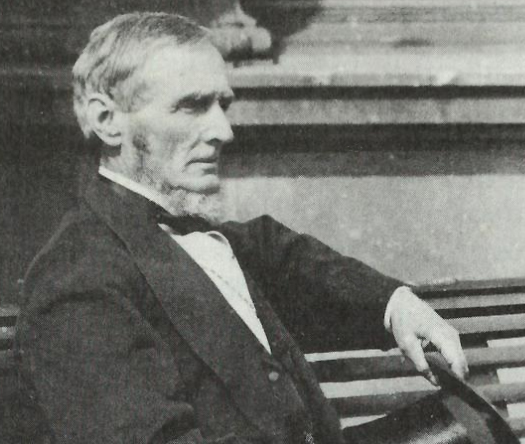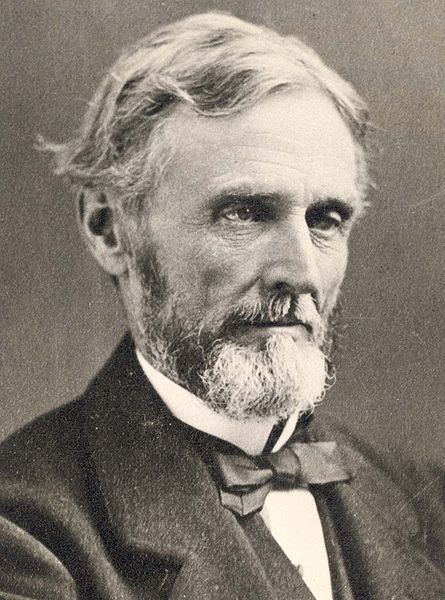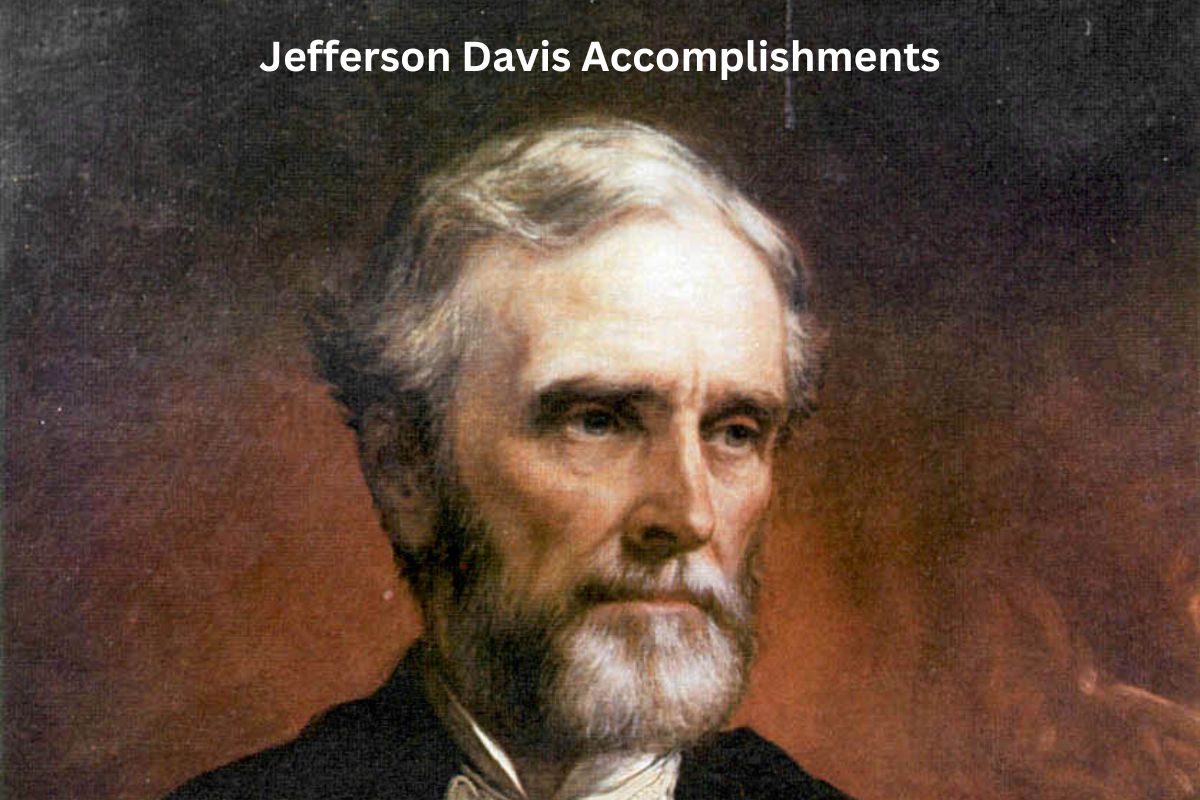Jefferson Davis was a significant figure in American history who served as the President of the Confederate States of America during the American Civil War.
Prior to his presidency, Davis had a distinguished political career, held military roles, and was known for his staunch advocacy of states’ rights and the institution of slavery.
As the Confederate President, he played a pivotal role in guiding the newly formed nation through the challenges of the Civil War.
In this context, we will explore some notable accomplishments and aspects of his life and career.
Accomplishments of Jefferson Davis
1. President of the Confederate States of America
Jefferson Davis served as the President of the Confederate States of America from 1861 to 1865. His election to this office followed the secession of Southern states from the Union in response to the election of Abraham Lincoln as President of the United States.
Also Read: Fact About Jefferson Davis
As the Confederate President, Davis was the chief executive of the newly formed nation. He oversaw the establishment and administration of the Confederate government and was responsible for making critical decisions during the Civil War.
His leadership role was central to the Confederacy’s efforts to assert its independence from the United States.

2. Political career as a U.S. Senator and Secretary of War
Prior to becoming the Confederate President, Davis had a distinguished political career in the United States. He served as a U.S. Senator from Mississippi from 1847 to 1851 and again from 1857 to 1861.
During his time in the Senate, he was known for his strong advocacy of states’ rights, which would later become a key ideological underpinning of the Confederacy.
Also Read: Timeline of Jefferson Davis
Additionally, Davis served as the United States Secretary of War under President Franklin Pierce from 1853 to 1857. His experience in this role gave him insight into military matters, which would prove valuable during the Civil War.
3. Military service in the U.S. Army during the Mexican-American War
Before his political career, Jefferson Davis had a background in the military. He graduated from the United States Military Academy at West Point in 1828 and served as an officer in the U.S. Army during the Mexican-American War (1846-1848).
Also Read: Accomplishments of Franklin Pierce
Davis’s military experience, although not marked by any particularly notable achievements, provided him with knowledge of military affairs and strategy.
This background made him more credible in his subsequent role as Commander-in-Chief of the Confederate military during the Civil War, even though he was not a trained military strategist like some of his generals.
4. Role in selecting Richmond, Virginia, as the Confederate capital
One of Jefferson Davis’s early accomplishments as the President of the Confederate States of America was his involvement in selecting Richmond, Virginia, as the capital of the Confederacy.
Richmond served as the capital throughout the Civil War and played a vital role in the Confederacy’s political and military operations. The decision to establish the capital in Richmond was significant, as it symbolized the Confederacy’s commitment to its independence and state sovereignty.

5. Advocate for states’ rights and defender of slavery
Davis was a staunch advocate for states’ rights, which was a central tenet of the Confederate cause. He believed that individual states should have the authority to govern themselves independently, with a limited central government.
This ideology was a key factor in the Southern states’ decision to secede from the Union. Furthermore, Davis was a vocal defender of the institution of slavery, which was a major point of contention between the North and the South leading up to the Civil War.
His pro-slavery stance and states’ rights advocacy made him a polarizing figure in American history.
6. Involvement in shaping Confederate military strategy
While Jefferson Davis was not a military strategist of the caliber of some of his Confederate generals, he played a role in shaping military strategy during the Civil War.
He was involved in making decisions related to troop movements, resource allocation, and overall military priorities. Davis appointed and managed various Confederate generals, including Robert E. Lee, Joseph E. Johnston, and Stonewall Jackson, all of whom played pivotal roles in the Confederate military effort.
Davis’s leadership in this capacity had a significant impact on the conduct of the war and the Confederacy’s military fortunes.

7. Diplomatic efforts to gain international support
During his tenure as President of the Confederacy, Jefferson Davis engaged in diplomatic efforts to seek international recognition and support for the Confederate States of America.
He dispatched diplomats to European capitals, particularly Britain and France, in an attempt to secure foreign aid, trade agreements, and formal recognition of the Confederacy as an independent nation.
While these efforts did not ultimately lead to foreign intervention in the Civil War, Davis’s diplomatic initiatives demonstrated his determination to bolster the Confederacy’s position on the world stage.
8. Promotion of notable Confederate generals
As the Commander-in-Chief of the Confederate military, Davis played a crucial role in the appointment and promotion of notable Confederate generals.
One of his most significant appointments was that of General Robert E. Lee, who became one of the most celebrated and effective military leaders of the Confederacy.
Davis also promoted other accomplished generals such as Joseph E. Johnston, Stonewall Jackson, and Braxton Bragg, among others. Davis’s choices in appointing and promoting generals had a direct impact on the military strategy and operations of the Confederate forces.
9. Author of “The Rise and Fall of the Confederate Government”
Jefferson Davis exhibited resilience and determination throughout the Civil War, even as the Confederacy faced mounting challenges and setbacks. He continued to lead the Confederate government and military despite significant military defeats and resource shortages.
Davis’s unwavering commitment to the Confederate cause and his resolve to maintain Southern independence were characteristic of his leadership style during this tumultuous period in American history.
10. Post-Civil War Life and Memoirs
Following the Confederate defeat in 1865, Jefferson Davis was arrested and imprisoned for a period. After his release on bail, he lived the remainder of his life outside the political spotlight.
During this time, he wrote his memoir, “The Rise and Fall of the Confederate Government,” which was published in 1881.
In this extensive work, Davis provided his perspective on the causes and events of the Civil War, as well as his views on states’ rights, slavery, and the actions of various individuals and leaders during that period. His memoir remains a significant historical document that offers insights into his perspective and the historical context of the Civil War.
